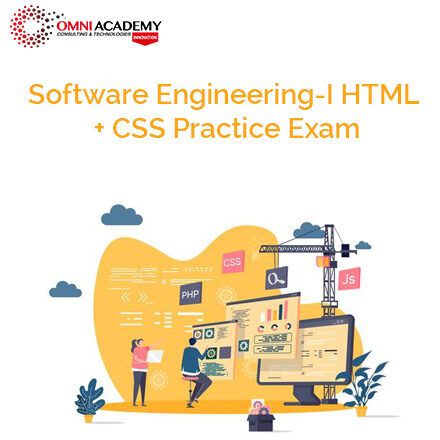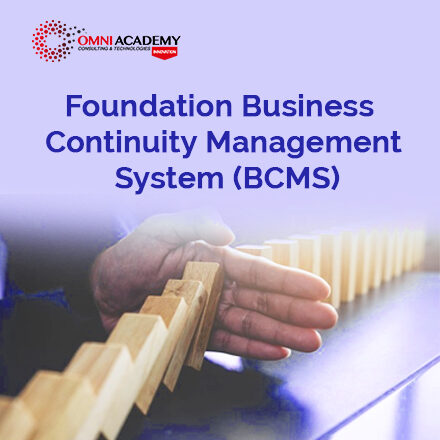MOS210: Mirantis OpenStack for Kubernetes
Mirantis OpenStack for Kubernetes certification is a qualification for IT experts that validates their abilities in deploying, managing, and working personal clouds the use of OpenStack and Kubernetes. It includes principles like software-described networking, block storage, item storage, and compute sources management. Industries use this certification to make certain their IT groups have the essential abilties to efficaciously control and perform their cloud sources. Having those abilities will increase reliability, scalability, and balance of an organization`s cloud infrastructure. The certification highlights skillability in using Kubernetes, a field orchestration system, and OpenStack, a cloud working system, consequently making sure of seamless operation in a hybrid cloud environment.
Key Learnings:
- Understand the components of the MOS infrastructure stack.
- Access OpenStack APIs using various methods.
- Configure and customize OpenStack parameters.
- Perform updates to the OpenStack version in a live environment
- Execute common OpenStack operations tasks, such as database backups.
Course Content:
Module1:Introduction to Mirantis OpenStack and Kubernetes
- Overview of Mirantis OpenStack (1 hour)
- Introduction to Mirantis OpenStack.
- Key features and components.
- Benefits of integrating OpenStack with Kubernetes.
- Introduction to Kubernetes (1 hour)
- Kubernetes architecture and core concepts.
- Pods, Services, Deployments, and StatefulSets.
- Kubernetes networking and storage basics
Module2:Mirantis OpenStack and Kubernetes Integration
- Understanding the integration points between OpenStack and Kubernetes.
- Benefits of running Kubernetes on OpenStack.
- Real-world use cases and deployment scenarios.
Module3: Mirantis OpenStack Architecture and Components
- Mirantis OpenStack Core Components
- Detailed overview of core OpenStack services (Nova, Neutron, Cinder, Keystone).
- How these components interact with Kubernetes.
- Hands-on lab: Navigating the OpenStack dashboard.
- Networking in Mirantis OpenStack for Kubernetes
- Networking fundamentals in OpenStack.
- Neutron’s role in Kubernetes networking.
- Hands-on lab: Setting up and managing networks.
Module4: Kubernetes Deployment and Management on OpenStack
- Deploying Kubernetes Clusters on Mirantis OpenStack )
- Step-by-step guide to deploying Kubernetes clusters using Mirantis tools.
- Introduction to Kubernetes Cluster API and its role in deployment.
- Hands-on lab: Deploying a Kubernetes cluster.
- Managing Kubernetes on OpenStack
- Scaling Kubernetes clusters.
- Monitoring and logging within Kubernetes on OpenStack.
- Hands-on lab: Managing and scaling Kubernetes clusters.
Module5: Storage and Networking in Mirantis OpenStack for Kubernetes
Persistent Storage in Kubernetes using OpenStack )
-
- Introduction to OpenStack’s Cinder and Swift.
- Managing persistent volumes in Kubernetes.
- Hands-on lab: Integrating OpenStack storage with Kubernetes.
- Advanced Networking for Kubernetes on OpenStack
- Configuring advanced networking features in Neutron.
- Networking challenges and solutions in Kubernetes.
- Hands-on lab: Implementing advanced network configurations
Module6: High Availability, Security, and Best Practices
- Ensuring High Availability (HA) in Kubernetes on OpenStack
- Concepts and strategies for HA in Kubernetes and OpenStack.
- Implementing HA features for critical applications.
- Hands-on lab: Configuring HA for Kubernetes clusters.
- Security Best Practices
- Security considerations in Kubernetes on OpenStack.
- Implementing RBAC, network policies, and securing containers.
- Hands-on lab: Applying security best practices.
Module7:Troubleshooting, Optimization, and Course Review
- Troubleshooting and Optimization
- Common issues and troubleshooting techniques.
- Optimizing performance for Kubernetes on OpenStack.
- Hands-on lab: Troubleshooting and performance tuning.
- Course Review and Final Lab
- Recap of key concepts.
- Final hands-on lab: Deploying and managing a full-scale Kubernetes environment on OpenStack.
- Q&A and discussion on real-world scenarios.
Final Project
Target Audience:
IT professionals wanting to expand their knowledge of cloud infrastructure
– Developers aiming to deploy and manage applications on OpenStack
– System Administrators seeking to gain expertise in Kubernetes
– Cloud Architects interested in implementing OpenStack and Kubernetes Integration
– Enterprises planning to transform business operations with cloud technologies
Course Prerequisites
• Understanding of TCP/IP networking
• Basic knowledge of Docker and Kubernetes
• Familiarity with cloud computing
• Experience in virtual machines and hypervisors
• Knowledge of YAML and JSON formats
International Student Fees: USD550$
Job Interview Preparation (Soft Skills Questions & Answers)
- Tough Open-Ended Job Interview Questions
- What to Wear for Best Job Interview Attire
- Job Interview Question- What are You Passionate About?
- How to Prepare for a Job Promotion Interview
Stay connected even when you’re apart
Join our WhatsApp Channel – Get discount offers
500+ Free Certification Exam Practice Question and Answers
Your FREE eLEARNING Courses (Click Here)
Internships, Freelance and Full-Time Work opportunities
Join Internships and Referral Program (click for details)
Work as Freelancer or Full-Time Employee (click for details)
Flexible Class Options
- Week End Classes For Professionals SAT | SUN
- Corporate Group Trainings Available
- Online Classes – Live Virtual Class (L.V.C), Online Training
Related Courses
Cloud Computing Engineer Diploma
Cloud Computing Diploma Course – AWS Azure Google Cloud (All-in-One)
Google Professional Cloud Developer
Google Cloud Certified Professional Cloud Architect
AWS Training – AWS Certified Associate + Professional (2 in 1)
Cloud Architect Training Learn AWS Cloud, Azure and Google Cloud.
Red Hat OpenStack Training (open-source cloud computing)
CL010 – Red Hat OpenStack Technical Overview Course






